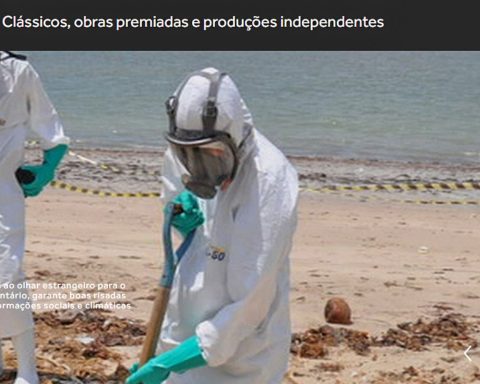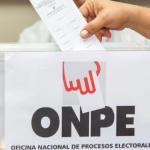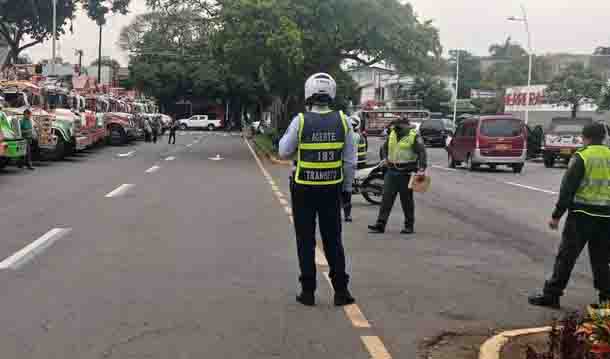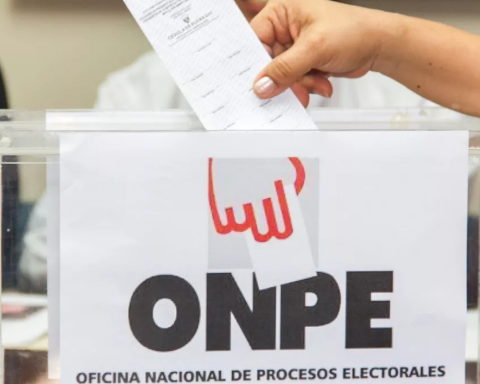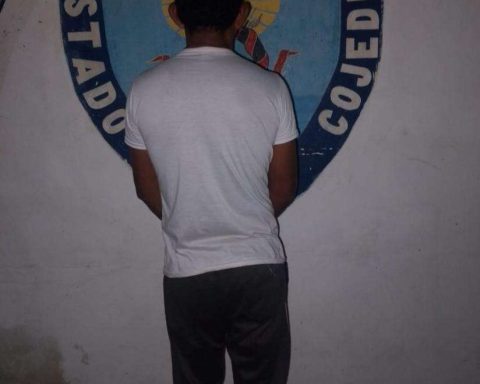Private initiative workers born in May and June will receive this Monday (17) the base year salary allowance 2021. Caixa Econômica Federal started the payment on February 15 and will continue with the release until July 17, based on the month of birth of the beneficiary.
The salary allowance of up to one minimum wage is paid to workers enrolled in the Social Integration Program (PIS) or in the Civil Servant Asset Training Program (Pasep) for at least five years. Those who formally worked for at least 30 days in 2021 receive the allowance now, with an average monthly remuneration of up to two minimum wages.
For civil servants, military personnel and employees of state-owned companies, enrolled in Pasep, the release occurs by Banco do Brasil, on the same dates as the PIS. In both cases, PIS and Pasep, the money will be available until December 28th. After this period, the resources return to the government’s cash.
In this lot, 4,694,323 workers will receive R$ 4.71 billion. Of this total, 4,139,132 are entitled to PIS; and 555,191, to Pasep. The benefit will also be paid to 1,383,694 workers born from January to April not contemplated in the two previous batches. They will receive R$ 1.4 billion after Dataprev, the state-owned company responsible for registering workers, reprocess the data and release the salary allowance.
Workers of the private initiative that receive by Caixa Econômica Federal:
Month of birth……….Payment date
January and February…………..February 15th
March and April………………15 March
May and June……………….April 17th
July and August………………May 15th
September and October…………June 15th
November and December…..July 17th
Public sector workers, who are paid by Banco do Brasil:
End of registration Pasep….Payment date
0………………………………..February 15th
1……….……….……………15 March
2nd and 3rd……….……….……….April 17th
4th and 5th………………………………15 May
6th and 7th…………………………………15 June
8 and 9…………………………………17 July
The amounts paid to each worker vary according to the number of days worked during the base year 2021.
About 22 million workers should receive the benefit, with a total value of more than R$ 20 billion. Resources come from the Worker Support Fund (FAT).
Caixa informed that the credit will be deposited automatically for those who have a bank account. The other beneficiaries will receive the amounts through the Social Digital Poupança, which can be moved through the Caixa Tem application.
If it is not possible to open a digital account, withdrawals can be made using the Citizen’s Card and password at self-service terminals, lottery units, Caixa Aqui or branches, always in accordance with the payment schedule.
forgotten allowances
Since February 15, around 400,000 workers who forgot to withdraw the PIS/Pasep allowance for 2020 can ask the Ministry of Labor for the money. Values are available until December 29 of last yearbut those who missed the deadline have up to five years to withdraw the funds, provided they file an administrative appeal.
According to the Ministry of Labor, 399,975 people did not withdraw the 2020 salary allowance, of which 120,947 did not withdraw the PIS and 279,028 did not withdraw the Pasep. This is equivalent to less than 1% of workers entitled to PIS and 10% entitled to Pasep allowance.
The opening of the administrative appeal to the Ministry of Labor can be done in three ways: in person, by telephone or via the internet. The application can be made in person at any unit of the Ministry of Labor, which includes Regional Labor and Employment Superintendencies, Regional Labor and Employment Managements, regional agencies, agencies of the National Employment System (Sine) and mobile worker units.
The nearest address can be found on the folder page on Internet.
Orders by telephone must be ordered through the Alô Trabalhador Central, at number 158. Calls can be made from 7:00 am to 7:00 pm and are free to landlines and charged to cell phones. Over the internet, the worker can apply in the Digital Workbook application or by email. E-mails must be written to [email protected], replacing “uf” with the abbreviation of the state where the worker lives.




